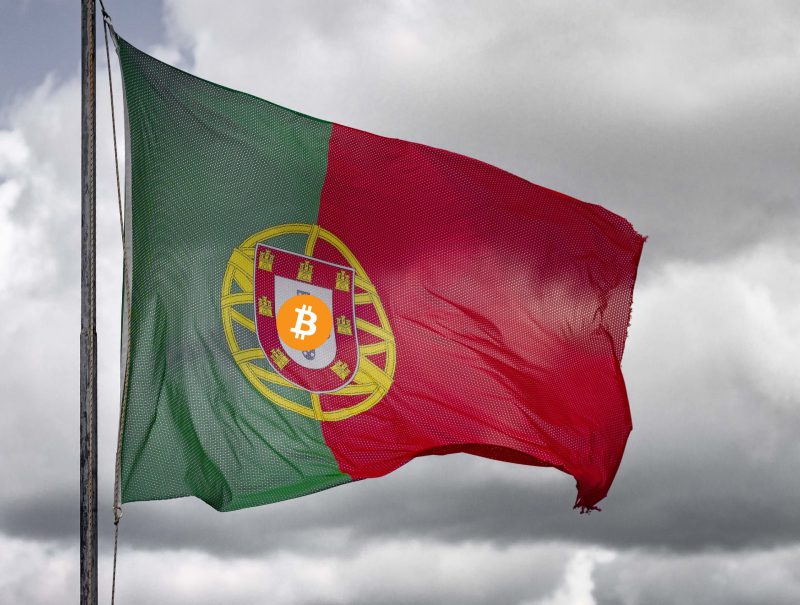Since Asia took over the crypto industry, European countries have expressed immense interest in the market. While some have been formulating regulations, others are trying to become cryptocurrency hotspots. Portugal is touted as the crypto paradise of southern Europe, and the tax-free approach toward the industry has fetched the country similar labels. On the contrary, digital asset exchanges had difficulty operating in the country.
A recent report highlighted how the bank accounts of CriptoLoja, a Lisbon-based platform, were shut down. The crypto exchange lost its bank accounts at Banco Comercial Portugues and Banco Santander. It should be noted that these were the biggest banks in the region. In addition, a few lesser-known banks also closed the accounts of CriptoLoja.
The crypto-verse has encountered multiple constraints concerning its association with centralized entities. However, the banks above pulled the plug on these crypto exchanges without an official explanation.
Exchanges were reportedly urged to submit details about suspicious transactions. A failure in doing so could tamper with the banking relationships, Banco Comercial suggested.
Further affirming that CriptoLoja had always reported suspicious operations, the latest move of the banks has left Pedro Borges, the CEO of the exchange, in a spot. He added,
“All the compliance and reporting procedures have been followed. We now have to rely on using accounts outside Portugal to run the exchange. “
It should be noted that CriptoLoja was one of the first licensed exchanges in the region.
So why are Portugal banks on an account closure spree?
In addition to CriptoLoja, crypto platforms like Mind the Coin and Rival Luso Digital Assets encountered the abrupt termination of their bank accounts. Portuguese state-owned Caixa Geral de Depositos and Lisbon-based BiG had also shut down crypto exchange accounts.
While suspicious transactions could be one reason, the community speculates that the recent industry downfall could have impacted the banks’ decisions. The bear market brought nothing but bloody portfolios along with failed projects.
Another assumption that surfaced was Bison Bank’s intention to take over the Portugal crypto market. In April this year, Banco de Portugal, the central bank of Portugal, gave Bison Bank a green signal to deliver crypto services. This further allowed the bank to act as a digital asset exchange in the region.
The abrupt termination of crypto bank accounts of exchanges could be linked to Bison Bank’s potential monopoly over the Portugal crypto market.
Furthermore, the co-founder of Mind the Coin, Pedro Guimaraes, said,
“While there is no official explanation, some banks just tell us they don’t want to work with crypto companies. It’s almost impossible to start a crypto business in Portugal right now.”
These instances certainly raise the question, “Is Portugal a true crypto paradise?”





